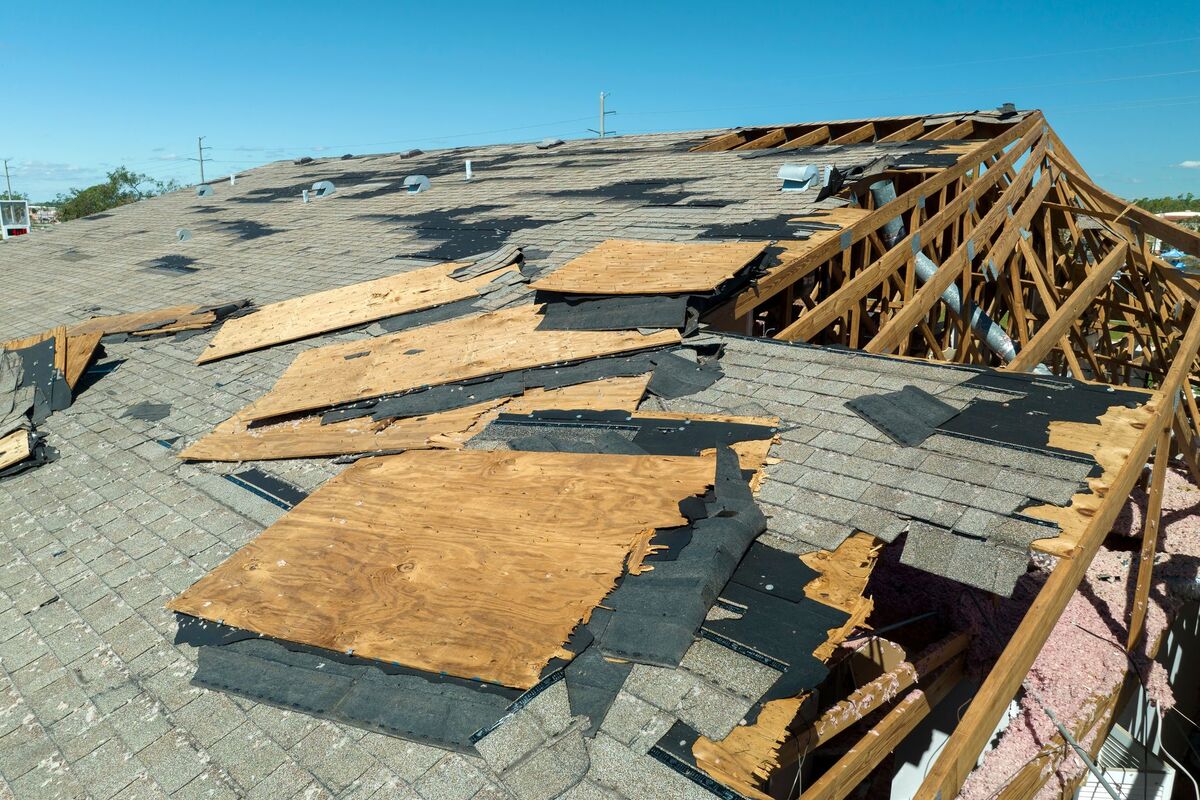What Contractors Should Communicate to Homeowners Before Submitting Roof Repair Estimates

Table of Contents
- Why Communication Matters Before Submitting an Estimate
-
Key Topics Contractors Should Discuss With Homeowners
- 1. Determine if Insurance Will Be Involved
- 2. Explain How Insurance Claims Work for Roof Damage
- 3. Should the Homeowner Share Their Insurance Estimate? Yes, absolutely.
- 4. Discuss Gaps Between Insurance and Contractor Estimates
- 5. The Homeowner’s Right to Choose Their Contractor
- 6. Should the Roofer Be Present for the Adjuster Inspection?
- Common Homeowner Concerns You Should Address
- Bonus Tip: Help Homeowners Understand the Insurance Process
- Final Recap
When it comes to roof repair—especially when insurance is involved—clear communication between contractors and homeowners is absolutely essential.
Homeowners often feel overwhelmed by the complex claims process, multiple estimates, unclear insurance language, and shifting timelines. This guide, brought to you by Claim Supplement Pro, is tailored specifically for roofing contractors who want to build trust, educate their clients, manage expectations, and streamline the insurance claim process from start to finish.
Before diving into the estimate, it is critical to secure written consent from the homeowner (the insured) granting you permission to discuss their insurance claim. This not only protects both parties legally but also helps establish professional transparency.
Sample contract language you can include:
[Company] reserves the right to file for a supplement to the insurance claim, should the initial estimate provide only partial funding. [Policyholder] agrees to pay to [Company] all checks (including supplement amounts) received from the insurance company for the repairs.
Why Communication Matters Before Submitting an Estimate
- Effectively Manage Homeowner Expectations: Set the groundwork by clearly outlining the scope of work, explaining realistic timelines, and breaking down estimated costs so there are no surprises.
- Build Long-Term Trust and Transparency: Establishing open lines of communication early on creates a cooperative working relationship and positions you as an advocate for the homeowner.
- Prevent Misunderstandings and Disputes: Many post-claim conflicts arise from miscommunication. Being upfront early in the process reduces the chances of disagreements later.
- Ensure Legal and Ethical Compliance: Securing homeowner agreement—in writing—reinforces your ethical commitment and ensures you’re fully authorized to act on their behalf when dealing with insurance companies.
Key Topics Contractors Should Discuss With Homeowners

1. Determine if Insurance Will Be Involved
Before any estimates are created, determine whether the homeowner plans to file an insurance claim.
- Educate the homeowner on how to assess the severity of the roof damage and whether it might be covered by their insurance policy.
- Answer common questions like: “Do I contact insurance first or a roofing company?” Explain that while either option is possible, most professionals recommend contacting the insurance company first to initiate the claim.
- Walk them through their financial options: paying out of pocket, filing a claim, or doing both in phases.
- Discuss the pros and cons of getting an estimate before a claim is filed. In many cases, it’s better to allow the insurance company to write the first estimate and involve a contractor afterward.
2. Explain How Insurance Claims Work for Roof Damage
Many homeowners are unfamiliar with how the insurance process unfolds.
- Clarify the roles of insurance adjusters, scope notes, and how supplements help ensure full repair funding.
- Emphasize the importance of proper documentation, including high-quality photos, thorough measurements, and accurately noting the cause of damage.
- Educate them on key insurance terms such as ACV (Actual Cash Value) and RCV (Replacement Cost Value).
For example, if a roof has a replacement cost of $12,000 and an ACV of $7,000 due to depreciation, the homeowner will receive $7,000 initially. The remaining $5,000 (RCV minus ACV) is paid once repairs are completed. If they have a Replacement Cost Value policy. If they have opted for ACV policy, they will not be entitled to the depreciation that is subtracted, which would otherwise be recovered when the work is completed with RCV policy.
3. Should the Homeowner Share Their Insurance Estimate? Yes, absolutely.
- Seeing the insurance estimate allows you to ensure the scope of work is accurate and complete.
- It enables contractors (like those partnered with Claim Supplement Pro) to identify underpaid or missing items and prepare well-documented supplements.
- Caution the homeowner against withholding this document—doing so can result in misalignment, missed items, or financial gaps.
4. Discuss Gaps Between Insurance and Contractor Estimates
- Help them understand that insurance estimates are often generic or limited in scope.
- Contractors working with Claim Supplement Pro can expertly review the insurance documents, identify missing line items, and submit well-supported supplements.
- The goal is always to ensure the homeowner pays as little out-of-pocket as possible while receiving complete repairs.
5. The Homeowner’s Right to Choose Their Contractor
Many homeowners wrongly believe they must work with the contractor recommended by their insurer.
- Reassure them that they have the legal right to choose any qualified contractor they prefer.
- Insurance companies are not allowed to force or steer homeowners toward specific providers.
6. Should the Roofer Be Present for the Adjuster Inspection?
Ideally, yes—and it can make a major difference.
- Attending the inspection helps ensure all damage is correctly identified and included in the adjuster’s scope.
- It also allows contractors to provide documentation and code references to support potential supplements.
- This improves the chances of having all necessary repairs approved without delay.
Common Homeowner Concerns You Should Address
“How do I know if my roofer is ripping me off?”
- Be upfront about pricing, material quality, and how estimates are created based on documented scope and local building codes.
- Use transparency as a trust-building tool. Explain how your process—and partnerships with services like Claim Supplement Pro—ensures accurate, fair repair pricing.
“What questions should I ask my roofing contractor?”
- Encourage homeowners to ask about licenses, insurance, warranties, project timelines, and insurance claim experience.
- Help them understand that supplements aren’t about inflating costs, but about ensuring that all required repairs are properly documented and reimbursed by the insurance company.
Bonus Tip: Help Homeowners Understand the Insurance Process
Contractors who educate their clients stand out in a crowded market.
- Be available to explain damage documentation, insurance terminology, and local building codes.
- Helping homeowners navigate the insurance maze builds loyalty, strengthens referrals, and improves claim outcomes.
Final Recap
Great contractors don’t just fix roofs—they act as trusted advisors through the entire insurance claim process.
Before submitting any estimate:
- Communicate clearly and educate every step of the way.
- Secure written consent to discuss the claim with insurers.
- Be transparent about pricing, processes, and expectations.
- Be present and prepared to support the homeowner during key milestones, such as adjuster inspections.
With the right approach—and with support from Claim Supplement Pro—contractors can ensure homeowners feel confident, protected, and fully informed.


